The office of the President of the United States, arguably one of the most
powerful positions in the world, has not been without its perils. Throughout
American history, sitting presidents, candidates for the presidency, and former
presidents have been targets of assassination attempts. These incidents have
stemmed from a wide array of motives ranging from political dissent to mental
illness, reflecting the turbulent and sometimes violent political climate in
the United States.
The assassination of a president or a presidential candidate is not merely a crime against an individual; it is an attack on the very essence of democratic governance. These attempts have profound impacts, shaking the foundations of societal norms and government stability, and they invariably lead to a re-evaluation of security protocols and measures. This blog post delves into the history of these critical moments, offering a detailed look at each known attempt on the lives of U.S. leaders. From Andrew Jackson's miraculous survival in 1835 to the more recent threats against modern presidents, these incidents demonstrate the constant and dangerous intersection of leadership and vulnerability in American political life.
The assassination of a president or a presidential candidate is not merely a crime against an individual; it is an attack on the very essence of democratic governance. These attempts have profound impacts, shaking the foundations of societal norms and government stability, and they invariably lead to a re-evaluation of security protocols and measures. This blog post delves into the history of these critical moments, offering a detailed look at each known attempt on the lives of U.S. leaders. From Andrew Jackson's miraculous survival in 1835 to the more recent threats against modern presidents, these incidents demonstrate the constant and dangerous intersection of leadership and vulnerability in American political life.
U.S. Presidents
Andrew Jackson (1835)
Attempt: Richard Lawrence, an
unemployed house painter, attempted to shoot President Jackson with two
pistols, both of which misfired. Jackson was unharmed and is said to have
beaten Lawrence with his cane.
Motivation: Lawrence believed he was owed money by the U.S. government.
Abraham Lincoln (1865) Motivation: Lawrence believed he was owed money by the U.S. government.
Motivation: Booth was a Confederate sympathizer and aimed to revive the Confederate cause.
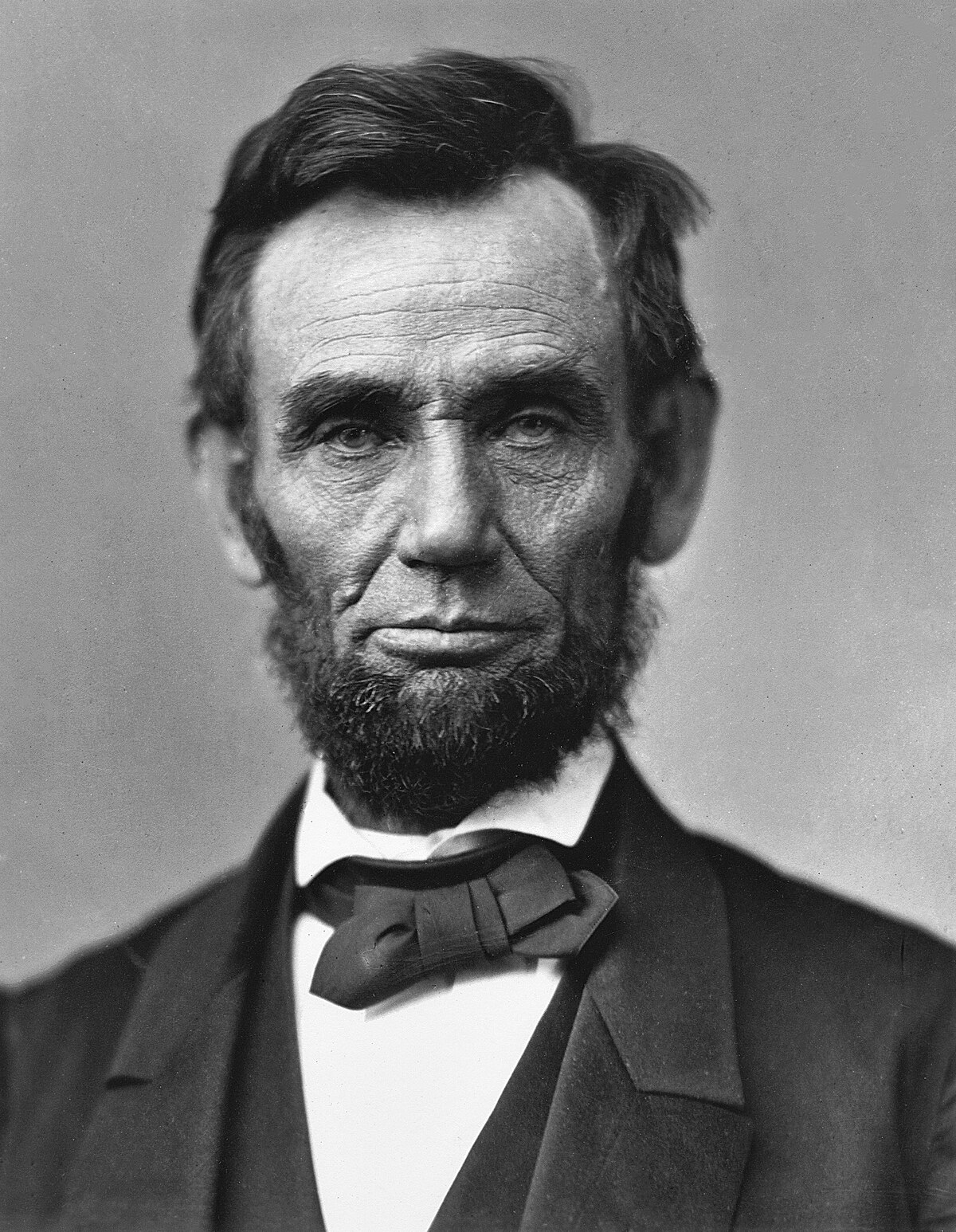
James A. Garfield (1881)
Assassination: Charles J. Guiteau shot
Garfield at a Washington, D.C. train station; Garfield died several weeks
later due to infections.
Motivation: Guiteau was delusional and upset about being denied a political appointment.
Motivation: Guiteau was delusional and upset about being denied a political appointment.
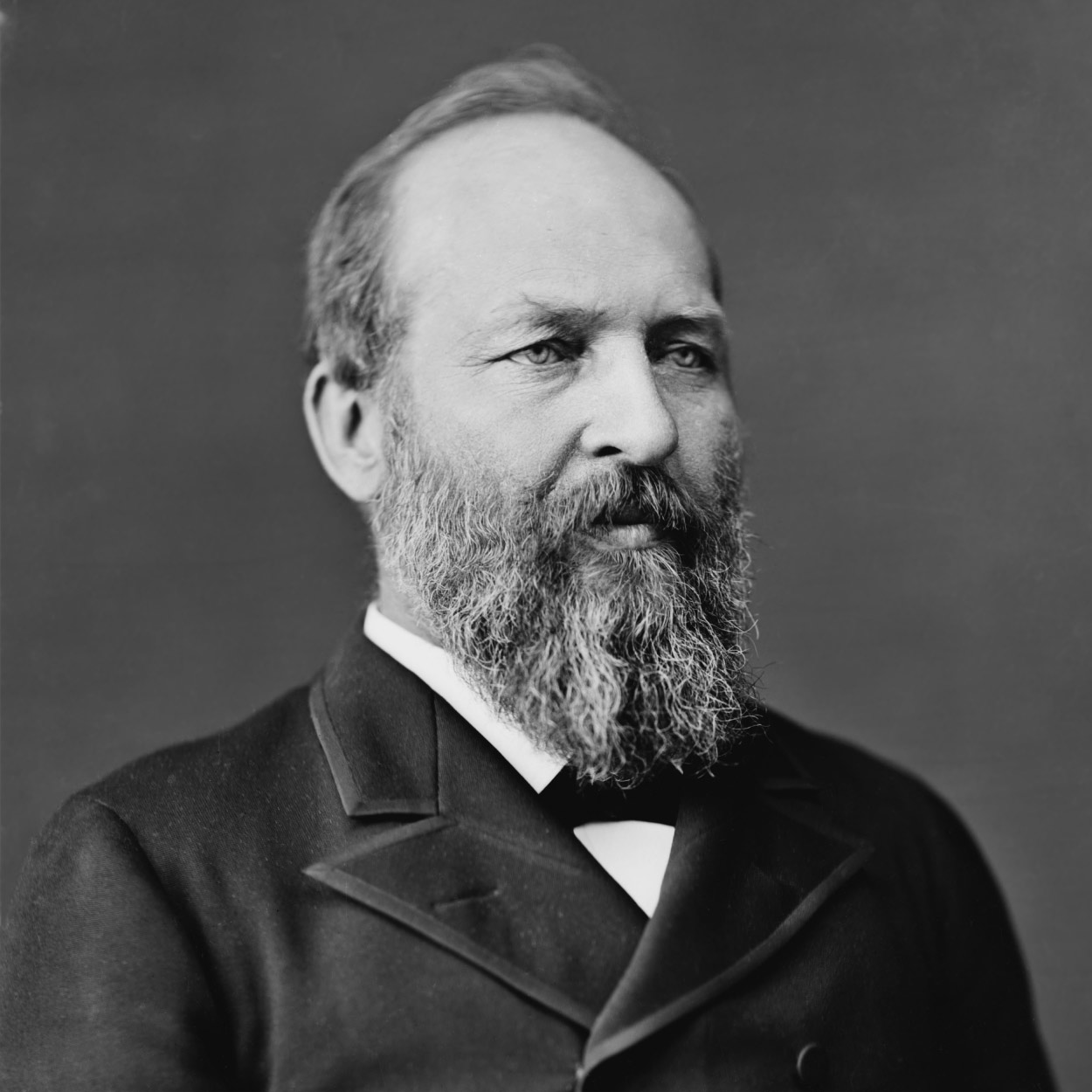
William McKinley (1901)
Assassination: Leon Czolgosz shot
McKinley at the Pan-American Exposition; McKinley died a week later of
gangrene caused by the wounds.
Motivation: Czolgosz was an anarchist who believed McKinley was the head of a corrupt government.
Motivation: Czolgosz was an anarchist who believed McKinley was the head of a corrupt government.
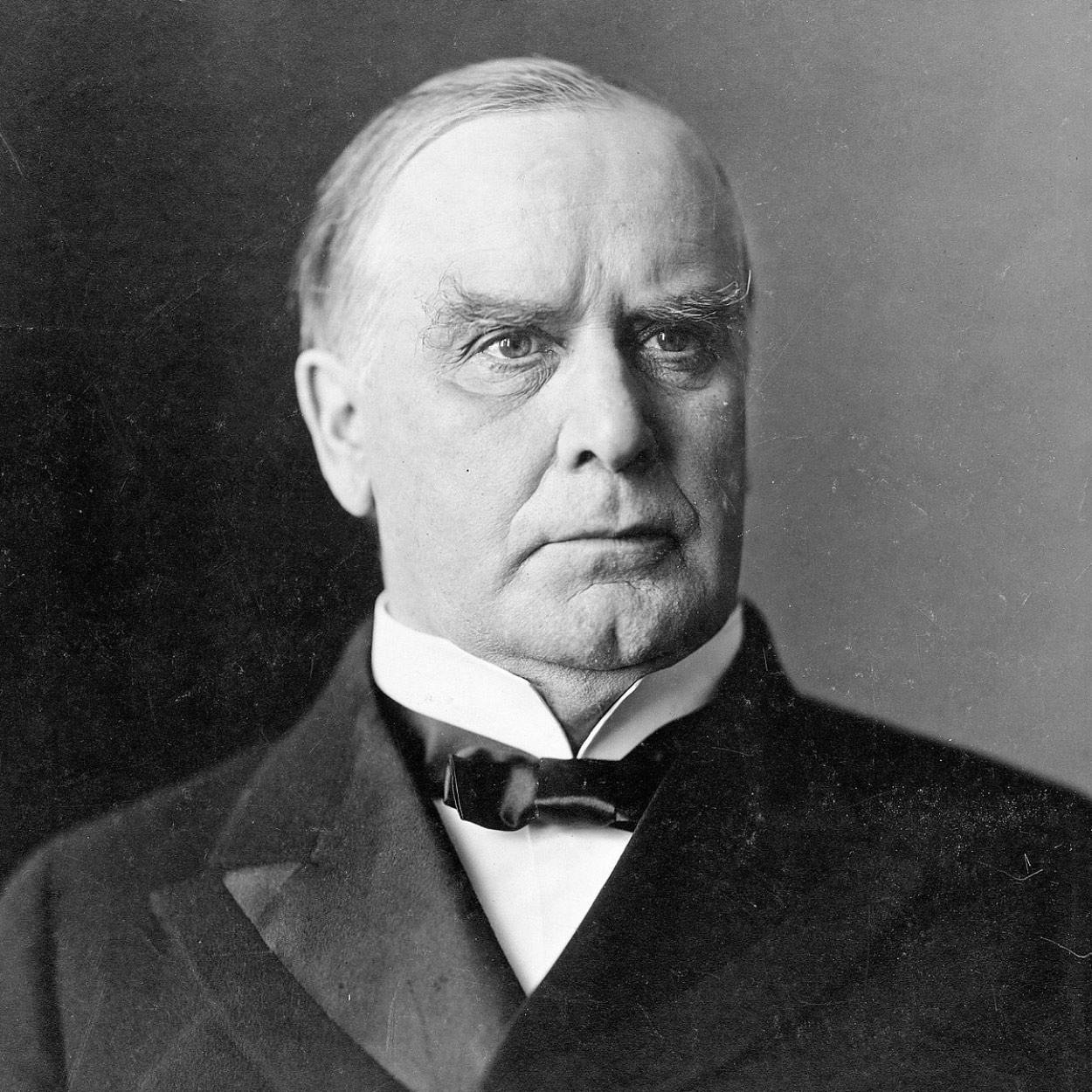
Theodore Roosevelt (1912)
Attempt: Shot by John Schrank
during a campaign stop. The bullet was slowed by a speech manuscript and
glasses case in Roosevelt's pocket; he delivered his speech before
seeking medical attention.
Motivation: Schrank believed Roosevelt seeking a third term was an attempt to become a dictator.
Motivation: Schrank believed Roosevelt seeking a third term was an attempt to become a dictator.
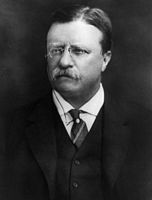
Franklin D. Roosevelt (1933)
Attempt: Giuseppe Zangara shot at
Roosevelt in Miami but missed and killed Chicago Mayor Anton Cermak
instead.
Motivation: Zangara's motives were unclear, but he expressed hatred for politicians.
Motivation: Zangara's motives were unclear, but he expressed hatred for politicians.

Harry S. Truman (1950)
Attempt: Two Puerto Rican
nationalists tried to shoot Truman at the Blair House. Truman was
unharmed.
Motivation: The nationalists sought Puerto Rico's independence from U.S. rule.
Motivation: The nationalists sought Puerto Rico's independence from U.S. rule.
John F. Kennedy (1963)
Assassination: Lee Harvey Oswald shot
Kennedy from a building as the presidential motorcade passed through
Dallas. Kennedy was pronounced dead shortly afterward.
Motivation: Oswald's motives remain subject to debate, with theories including political disillusionment.
Motivation: Oswald's motives remain subject to debate, with theories including political disillusionment.
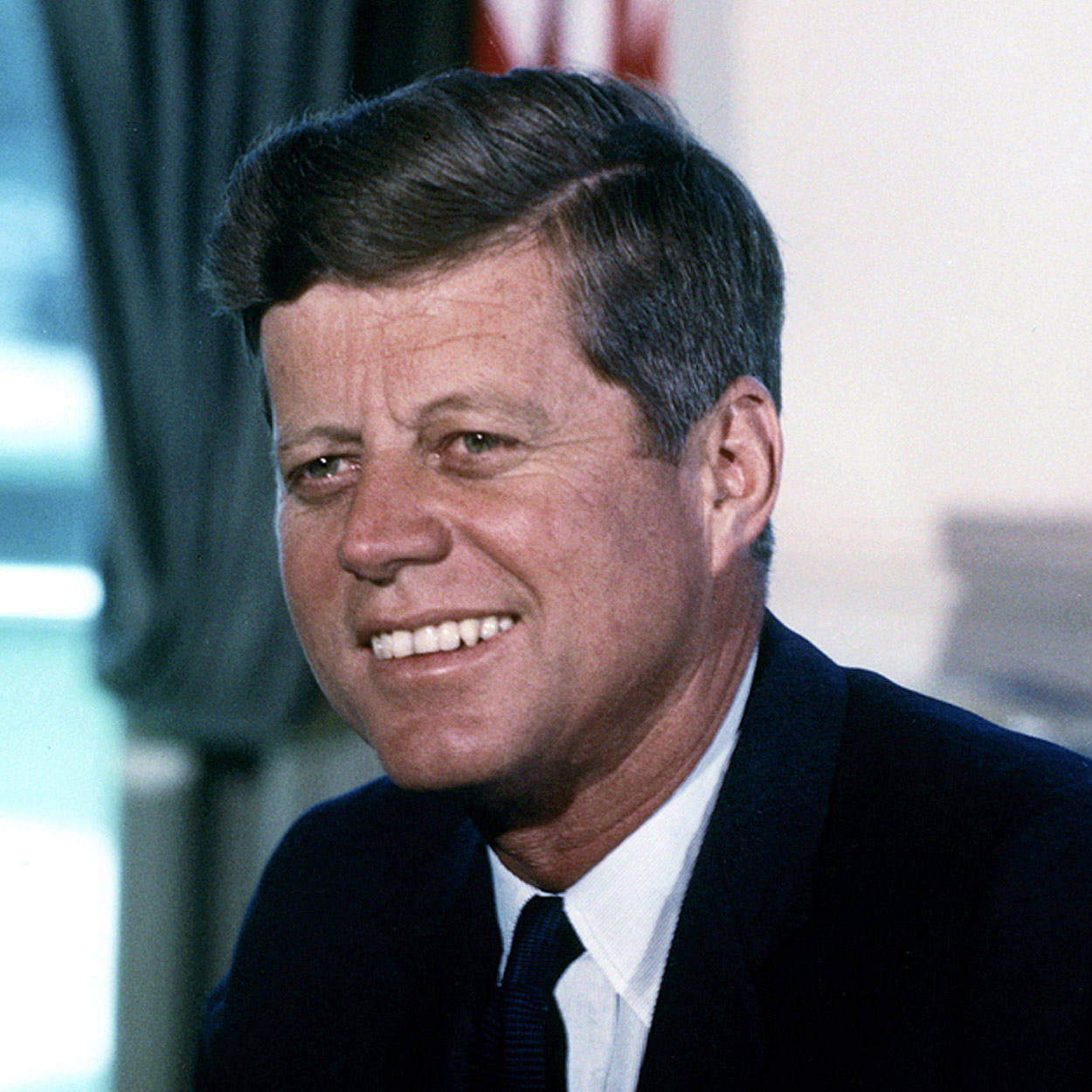
Richard Nixon (1974)
Attempt: Samuel Byck planned to
hijack an airplane and crash it into the White House but was killed
before taking off.
Motivation: Byck was disgruntled with Nixon's government and suffering from mental illness.
Motivation: Byck was disgruntled with Nixon's government and suffering from mental illness.
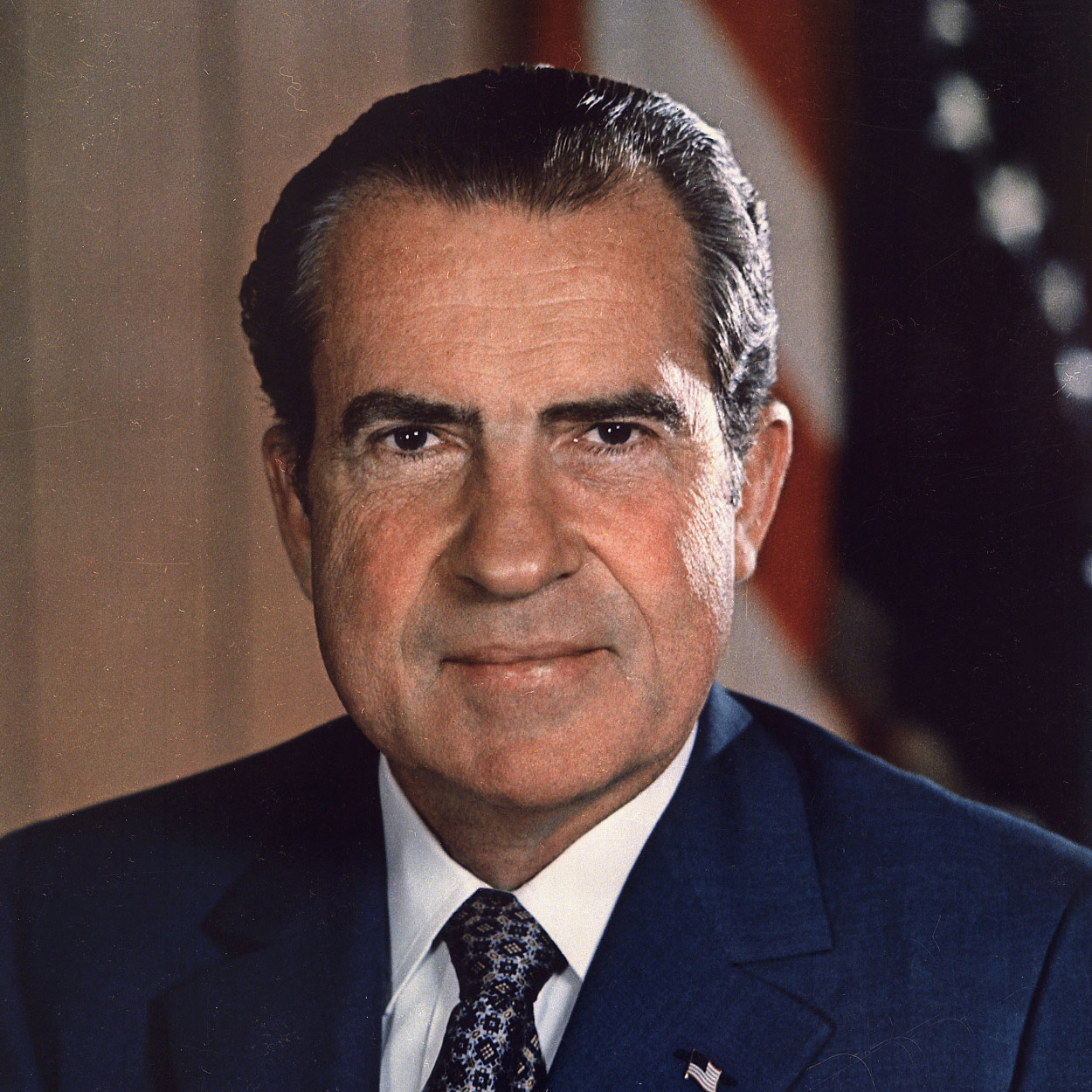
Gerald Ford (1975)
Attempts: Survived two attempts
within three weeks by Lynette "Squeaky" Fromme and Sara Jane
Moore. Both were quickly subdued.
Motivation: Fromme was a follower of Charles Manson and Moore was a political radical.
Motivation: Fromme was a follower of Charles Manson and Moore was a political radical.

Jimmy Carter (1979)
Attempt: Raymond Lee Harvey was
arrested with a starter pistol before Carter was to give a speech.
Motivation: Part of a bizarre plot but not well-formulated.
Motivation: Part of a bizarre plot but not well-formulated.

Ronald Reagan (1981)
Attempt: John Hinckley Jr. shot
Reagan and three others outside a Washington D.C. hotel. Reagan recovered
after several surgeries.
Motivation: Hinckley was attempting to impress actress Jodie Foster.
Motivation: Hinckley was attempting to impress actress Jodie Foster.

George H. W. Bush (1993)
Attempt: Kuwaiti authorities
foiled a plot by Iraqi operatives to assassinate Bush during a visit to
Kuwait.
Motivation: Retaliation for the Gulf War.
Motivation: Retaliation for the Gulf War.

Bill Clinton (1994 and 1996)
Attempts: Includes a plane
crash-landing on the White House lawn and shots fired from Pennsylvania
Avenue.
Motivation: The perpetrators in these cases were described as mentally unstable.
Motivation: The perpetrators in these cases were described as mentally unstable.

George W. Bush (2001 and
2005)
Attempts: A live grenade thrown
towards Bush in Georgia was a dud; another involved a car speeding
towards the White House.
Motivation: The motives ranged from political dissent to mental instability.
Motivation: The motives ranged from political dissent to mental instability.
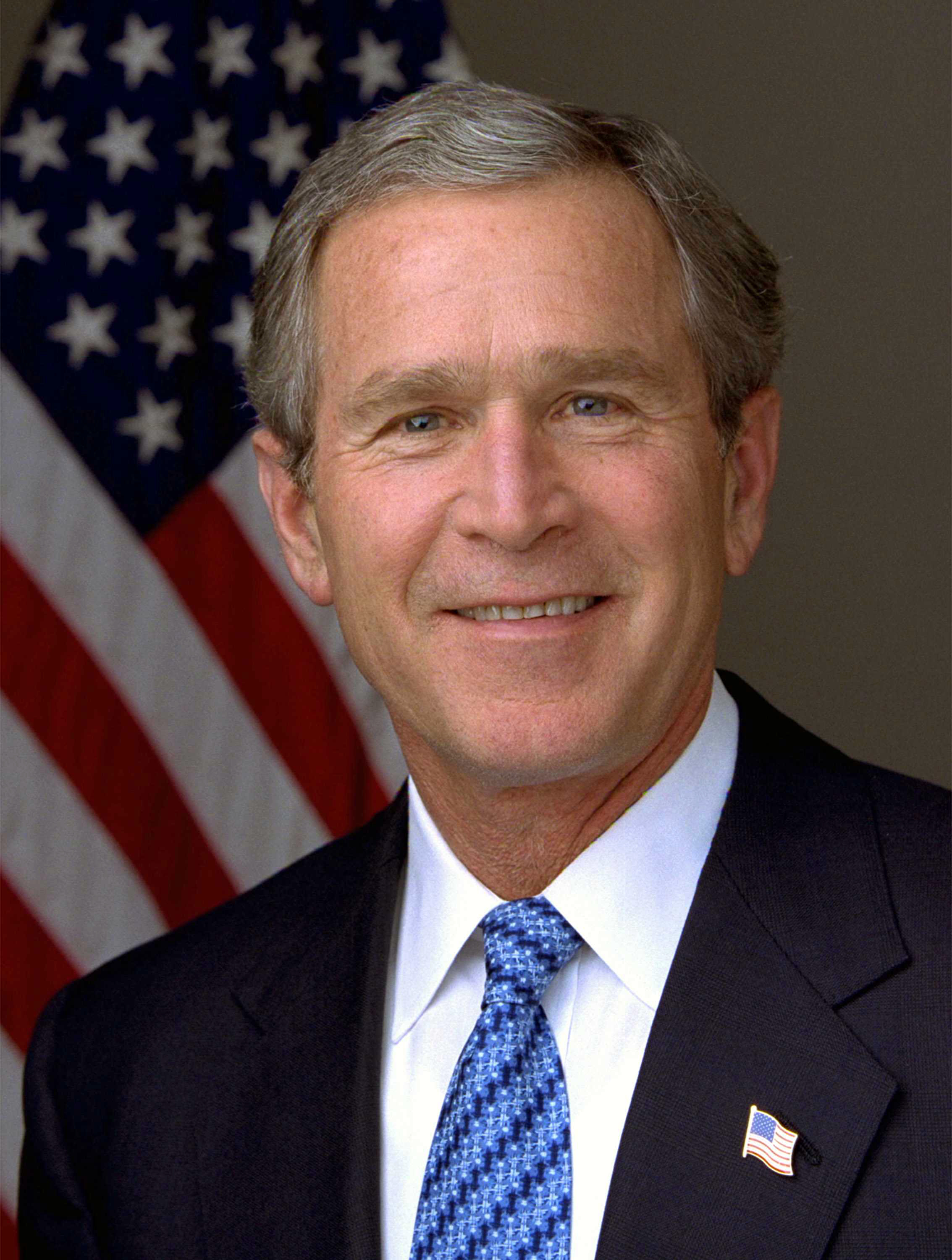
Barack Obama (2011 and 2013)
Attempts: Includes shooting at the
White House and mailing a ricin-laced letter.
Motivation: Motives included racial hatred and political disagreement
Motivation: Motives included racial hatred and political disagreement

Donald Trump (2020)
Attempt: A woman was arrested for
sending ricin in a letter.
Motivation: Political dissatisfaction.
Motivation: Political dissatisfaction.

Presidential Candidates
Assassination: Shot by Sirhan Sirhan in
Los Angeles after winning the California Democratic primary; died the
next day.
Motivation: Anger over Kennedy's pro-Israel views.
Motivation: Anger over Kennedy's pro-Israel views.

George Wallace (1972)
Attempt: Shot by Arthur Bremer
while campaigning; survived but was paralyzed.
Motivation: Bremer was seeking fame and had no political motive.
Motivation: Bremer was seeking fame and had no political motive.









No comments